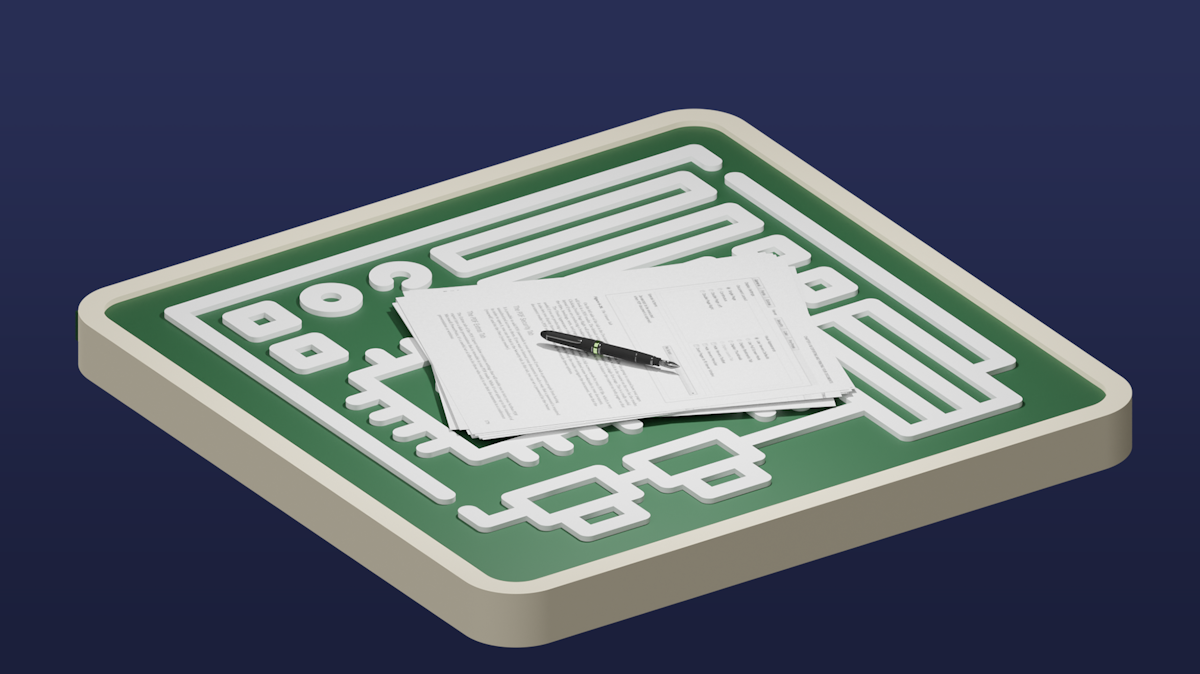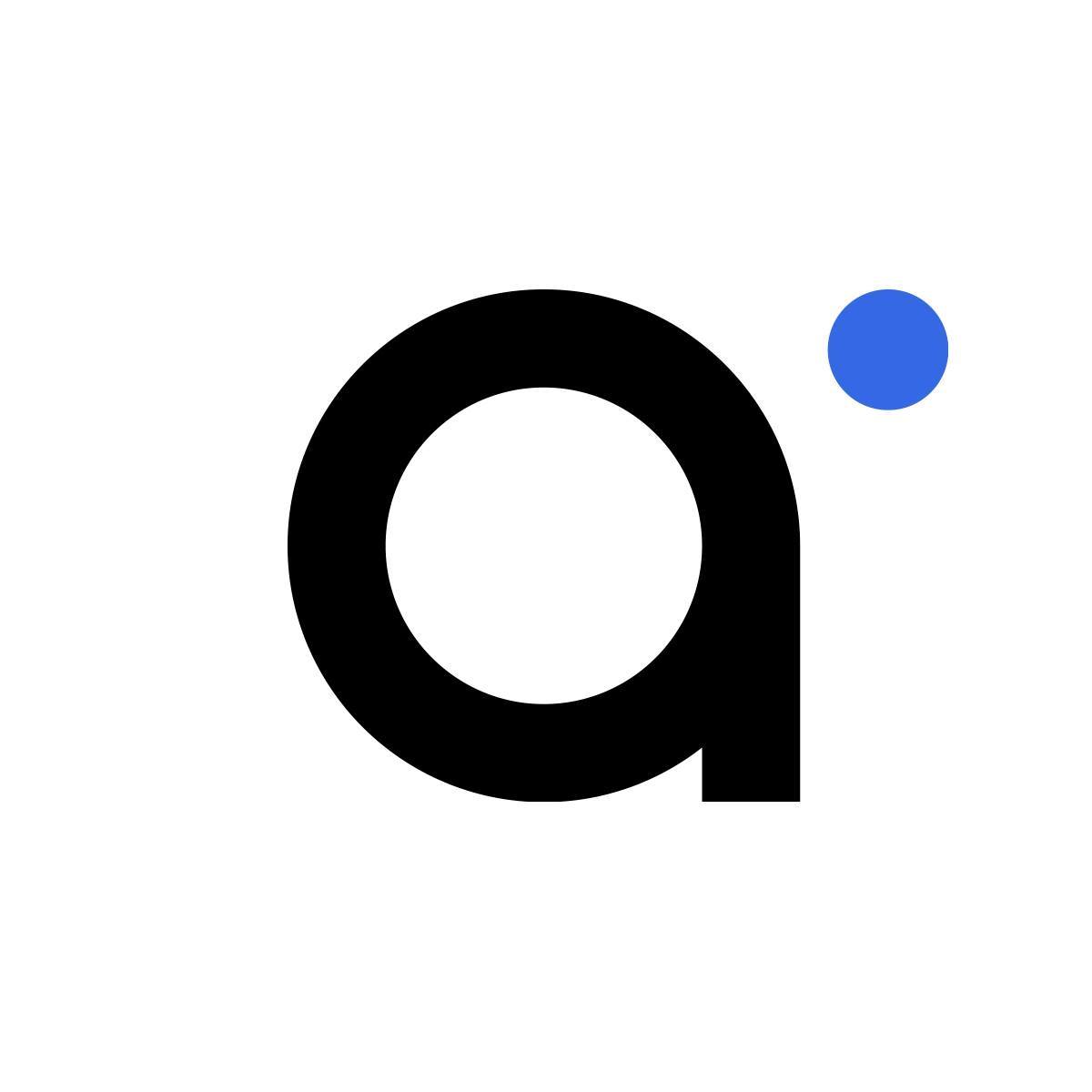What are Smart Contracts?
A smart contract is an agreement, written in programming language, that is automatically executed when the conditions in the contract are met. The smart contract is a terminology you will come across more often in stories about cryptocurrency. Yet few people know exactly what it means. We're going to address that in this lesson.
What are smart contracts?
In simple language, a smart contract could be described as an agreement, written in programming language, that takes effect automatically when the predetermined conditions in the contract are met.
Simple form of smart contract
The first well-known form in which everyone knows smart contracts is the vending machine at a train station. You can buy all kinds of goodies from it if you meet the conditions. These are fortunately simple.
The conditions in these smart contracts are programmed as follows: you have to throw enough money into the machine, you have to type in a code to make your choice, and when you have done that, the conditions of the transaction are met and your treat falls into the bin and the smart contract is fulfilled.
A complete definition:
A smart contract is a contract in programming language defined on a blockchain. The contract is automatically executed without an intermediary. The content of the contract is always viewable, but can never be changed.
Who invented smart contracts?
In 1995, Nick Szabo wrote a paper called "Smart contracts." It was published in the journal Extropy in 1996.
Nick Szabo is known for his cryptographic research on digital currency. He saw that algorithms, which used to be too expensive to run, could now be cost-effective to execute smart contracts with.
What are smart contracts according to Nick Szabo:
He described smart contracts as "A collection of promises, specified in digital form, including protocols by which the parties act on these promises. This does not involve the use of artificial intelligence."
Nick Szabo is one of the living legends in the cryptocurrency world. He also described Bit Gold in the late 1990s that is very similar to Bitcoin. Some people even believe he is none other than Satoshi Nakamoto, which is somewhat understandable, given these two major contributions that lead to Bitcoin.
Where are smart contracts being used?
Cryptocurrency. Especially Ethereum and Cardano are known for their platform where programmers create smart contracts. Also at DeFi you can bypass traditional contracts, such as with banks, where the terms agreed upon by the parties in the smart contract are automatically executed impartially. These two applications are the most common.
Insurance. A typical if / then construction, which smart contracts are known for, ensures automatic payout upon the event described in the contract. For example: If this year's rainfall is less than 50% of the annual average, a payout from the insurance company of an amount X follows. This could be an example of a contract for farmers who have a smaller crop in the event of insufficient rainfall. This avoids the third party, the insurance company.
Control of the authenticity of brands and other characteristics of items. By scanning a barcode, you can be sure that a brand is genuine and not counterfeit. You also know if the materials are original or if they have not been manipulated with all kinds of counters on machines. Rfid chips provide an additional capability in checking all kinds of characteristics.
Elections. If you cast a vote through a smart contract, it cannot be changed later. It is also a very simple contract to set up. For example, you log in via your digid and vote for your favorite politician. The blockchain technology keeps track of it all and there are thousands of computers that all have the same result, the nodes. There can be no discussion and even one vote difference is very clearly visible. This is cheaper, faster and fairer. So why not do it this way? Your guess is as good as ours.
Official documents. Everyone has documents that are important. Think of your passport, your diplomas or a VOG. These documents can be recorded in a smart contract and requested in perpetuity by the owner at no additional cost. If your old school is no longer there, see about reproducing your diploma if you lost it. If you need a document from the government, well, let's not even get into that! If you put these documents on the blockchain you can instantaneously reproduce it for free forever, for everyone to check on this blockchain. A fake ID card then becomes impossible.
Music and other artistic productions. A band can sell tickets that have a fixed price because the price is fixed in the smart contract, leaving traders who drive up the price flounder. An artist can make a song downloadable through a smart contract for a small fee. Suppose he charges 2 cents for downloading his latest song, he can make a living with this with enough downloads. If he has it played by YouTube he will probably get barely anything and via Spotify a Spot price. For big artists it may not matter much, but smaller bands can earn enough with this to keep going. The same is true for writers or painters who make their artwork as NFT on a blockchain and sell it automatically via a smart contract.
Food Industry. Through barcodes and chips, all sorts of things can be recorded. For example, you can chip a chicken at birth, determining whether it is an organic chicken or not. A barcode can show whether a good comes from a particular country and the route it took to your plate. This allows fraud and bad food to be spotted faster, and consumers and sellers to know whether they are dealing with real Champagne or bubble water.
Healthcare. For example, patients can use a smart contract to specify who all has access to their records and under what conditions. Only the parties involved are allowed to work with these smart contracts.
Administration at a company. If you automate everything through smart contracts, nothing can go wrong. You will only have to adjust the smart contract once in a while and then it can run automatically again for a while. No administrator makes a mistake anymore and everyone gets their money at the same time at the second.
Fundraising of all kinds. Whether it's a charity, crowdfunding or a ICO, all of this can be arranged through a smart contract fairly easily and inexpensively. Moreover, everyone has access to the transactions through the blockchain.
Logistics. A simple example would be sensor replenishing a shelf in a warehouse when it is about to get empty, followed by a signal for a truck to pick up new replenishment from company X. Smart cities are also part of this technology.
Rental. You can draw up a simple rental contract for tenants if you rent out rooms in a certain period of time, for example. For example, as a landlord, you do not need intermediaries if AirBNB pass the code of a door to open it to a person for a certain time, if the condition 400 euros deposited in bank account x is met.
Advantages of smart contracts
Independence. With a smart contract, there is no need to rely on a third party. The contract is fixed in advance, can be viewed by anyone and is executed automatically. Manipulation is impossible.
Speed. Because everything is automatic, it can be done instantaneously. This saves you a lot of time, money and paper.
Capture. Due to the fact that it is recorded on the blockchain, it can always be found.
Confidence. Because everyone can see everything, no trust is needed at all. The computers that manage the network, the nodes, record everything, and computers execute everything automatically.
Safety. Cryptographic encryption is virtually impossible to hack. If you send normal contracts online it can.
Cheap. You save on buildings, labor costs, paper and on lawyers.
Errors. Human error is excluded. Computers never get tired, never go on vacation and have no office hours. They also never make typos. They also have an excellent storage system. They can also handle a fire, since there is a whole battery of computers backing up the blockchain.
Disadvantages of smart contracts
Adjustment is impossible. Once the contract is on the blockchain, it is forever immutable. This already indicates that it is unsuitable for some types of contracts. If it is about contracts that need periodic adjustments, such as an energy contract or your Internet subscription, this cannot be done through a smart contract, or you have to create a new one every year.
Smart contracts are still free new, which means many people will not want to work with them or engage them.
Programmers drafting the smart contract may no error make, no matter how small. Suppose you have to pay one euro for a lottery ticket, but the programmer has a loose finger and he typed in 11, then no one will use this smart contract.
As smart contracts become more popular you have more and more more programmers needed. The question then is whether the demand can be met. Because of the nature of smart contracts, these programmers must also be very smart and detail-sensitive themselves.
Not everyone can program. Suppose a bank wants to create a smart contract, they need to hire a programmer who will do it for them.
Since there are quite a few different programming languages for smart contracts are, programmers need to start using all these languages leather if they want to be able to program smart contracts for any blockchain.
In addition to simple errors, there can also be disastrous errors in smart contracts and bugs. A small bug may still require starting over. Something small can quickly become big in impact. Furthermore, a severe error of judgment or programming error can bring down an entire platform. For example, Terra Luna went down because of a severe estimation error, which a whale who realized this took advantage of.
When you enter into a smart contract, in many cases you have fewer rights than if you do it with an intermediary. You can sue a bank or notary, but not a smart contract! At best, you can hope that a judge sees something in your plea and you can get compensation from the drafter or provider of the smart contract. But, as we always say here, hoping is not a strategy.
The future of smart contracts
Smart contracts will be used more and more because they have tremendous benefits. They will slowly creep into our lives and we will often not even realize we are using them.
This way, of course, no one notices that they are using a smart contract when scanning a barcode or something.
The drawbacks will certainly be worked on, as the idea is to make smart contracts increasingly easy to implement.
So our prediction is that a smart contract will become as common as sending an e-mail or using a smartphone.
With the adaptation of smart contracts, it is quite possible that a cryptocurrency that works a lot with smart contracts is going to become much more valuable. The future will teach us.

